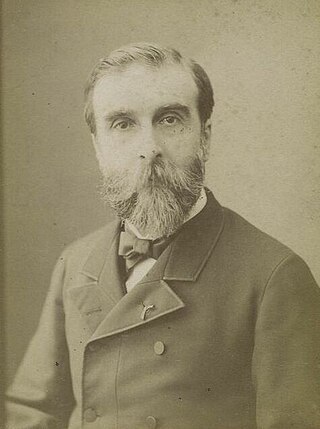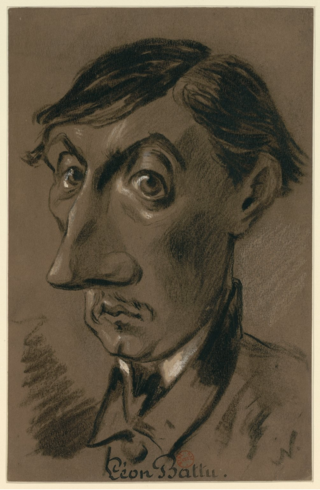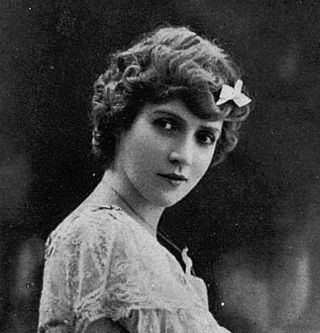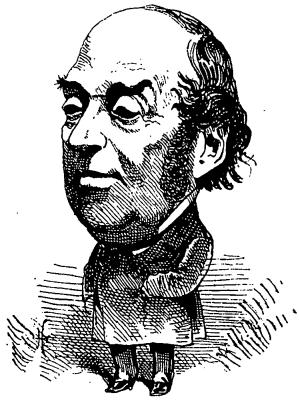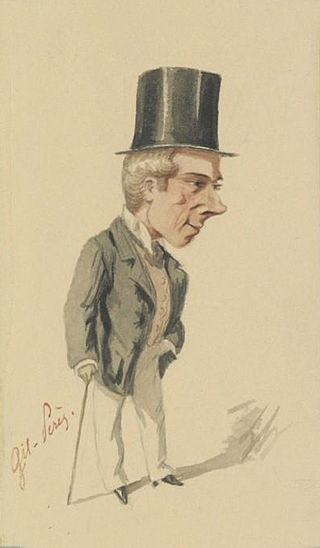Life and career
Born Jules-Victor-Alexandre Dumont, [1] his father was a wood merchant and destined his son for business; a position was secured for him as assistant glove-maker in a shop in the Chaussée d'Antin.
An interest in the theatre awoke in him around 1847 and he made his debut at the Théâtre de Belleville, before appearing at the Délassements-Comiques and at the Folies-Dramatiques. In August 1852 he created the role of Machavoine in Le Misanthrope et l'Auvergnat by Labiche at the Palais-Royal securing a major success.
Having appeared in Le Brésilien (alongside Hortense Schneider) in 1863, for which Offenbach wrote (anonymously) a 'Ronde du Brésilien' which became hugely popular, he also appeared alongside Offenbach's Bouffes-Parisiens troupe in Bad Ems, singing songs and comic scenes. [2]
Brasseur remained at the Palais-Royal until 1877, creating many roles, including the Brésilien/Frick/Prosper in La Vie parisienne by Offenbach in 1866. His forte was grotesques, and he often exaggerated effects in the extreme sometimes to the point of becoming hoarse. He was skilled in transformation, the Goncourt brothers describing him thus « C'est toute une troupe que Brasseur. Il est cinq, six acteurs, que sais-je? Toutes les voix, tous les gestes, toutes les physionomies, il les prend, non il les a » ("Brasseur is a complete troupe. He is five, six actors – who can say ? Every voice, every gesture, every expression, he can take on – no, he has them"). He also had the reputation of easily losing his temper.
During the summers he would tour the provinces with his own theatrical troupe and was also sought after in salons, where he would sing chansonnettes.
In 1878 he left the Palais-Royal and founded the Théâtre des Nouveautés, whose direction he upheld until his death. [3]
As the theatre director, Brasseur leant towards operetta and staged Fatinitza , [4] followed by among others, La Cantinière, a vaudeville with music by Planquette, Le Jour et la Nuit , by Lecocq, Le Cœur et la Main, L'Oiseau bleu, Droit d'aînesse, by Francis Chassaigne, le Premier Baiser, by Émile Jonas; le Roi de Carreau, by Théodore Lajarte; le Petit Chaperon Rouge by Gaston Serpette, and Serment d'Amour, by Audran. [5]
His son Albert Brasseur also became an actor and they appeared many times on the same stage. The stage name was taken on by Albert's cousin, the actress Germaine Brasseur and her descendants: Pierre Brasseur, Claude Brasseur and Alexandre Brasseur. [6]
This page is based on this
Wikipedia article Text is available under the
CC BY-SA 4.0 license; additional terms may apply.
Images, videos and audio are available under their respective licenses.


